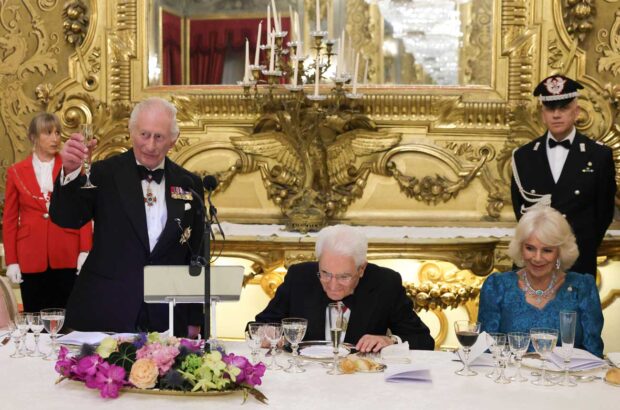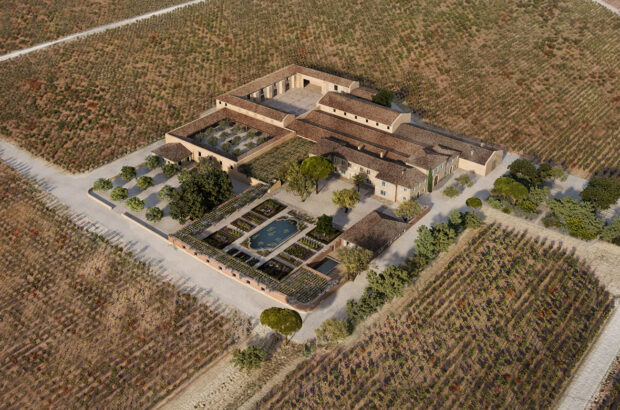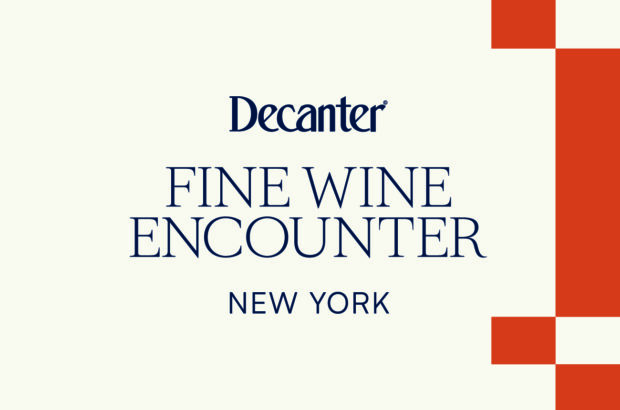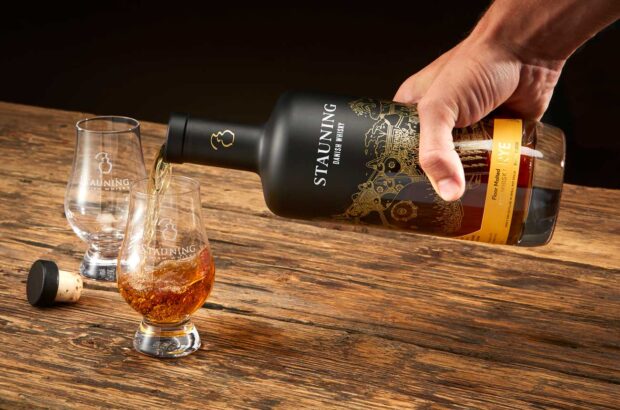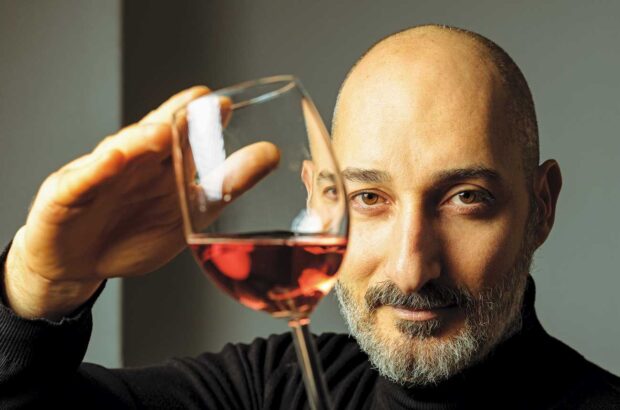No one has a better grasp of Italy’s current wine scene than the professional winemakers who work the length and breadth of the country. For an insider’s view, Carla Capalbo spoke to three of the best...
Three wise men: Lorenzo Landi
Having worked for some of the country’s most enterprising estates, Lorenzo Landi is a well-known figure in the Italian wine world.
‘Studying agronomy came naturally in my family: it was the subject of choice for both my father and brother,’ says Landi with his soft, Tuscan lilt. ‘Wine came naturally for us too. There weren’t many job opportunities for agronomists so I also studied viticulture and oenology.’
Landi, 50, grew up in Pescia, in northern Tuscany. After his masters he worked in a cellar in Burgundy. ‘I learned how they vinify but also to respect – and protect – the grapes. In the end, there’s not so much complication behind great wine.’
His first job was in Vinci, at the Cantine Leonardo da Vinci cooperative. After five years he moved to Saiagricola, the group of farms belonging to one of Italy’s largest insurance companies. (Under Italian law, these companies must invest in property assets.) There he met Denis Dubourdieu, its consultant since 1995, and with whom he later also collaborated at Lungarotti in Umbria. ‘Working with Denis has been a rare, formative experience that’s covered every aspect of winemaking, from managing the vines and tasting, to handling climate change,’ he says.
‘For me, the direction an estate takes should come from its owners. I’m there to help them achieve the kind of wine they want to produce. But, at the same time, you can’t go against the uniqueness of a place. So you could say that mine is an absence of style: each area has its own wine, which will come out naturally if we let it and don’t impose a personal style that’s the same wherever the wine is made.’
Nurturing potential
Landi consults for estates across Italy. ‘I’m particularly interested in varieties that produce original, long-living wines, and that’s true of many – but not all – of the indigenous types. I think Aglianico at Taurasi or in Basilicata, Etna’s Nerello Mascalese, and even Puglia’s Nero di Troia all have huge potential. As does Sardinian Cannonau. When I began to work with that, I thought its sweet, rosy tones were due to over-ripeness, but I now see that they’re an integral, attractive, part of its character.’
Landi makes mineral whites from Pinot Bianco and Sauvignon Blanc in Friuli. ‘I’m particularly excited by Verdicchio in Le Marche, and Pecorino inAbruzzo,’ he says. He works with Sangiovese all over Tuscany but also near Rimini, in Romagna, in an area that’s just as hot.
How does he feel about the future of Italian wine? ‘We’re in full growth now. After all, most quality Italian wines have only been made for 20 years. So we’re like children, still developing. I worry that we’ve tended to follow market fashions, which is not great in wine: first with huge, overconcentrated wines, and now with subtler, more fruit-driven wines that also risk being too similar. In the top areas we need to focus more on wines that are pure and long-living, more territorial and distinctive. We should slow down and give them the time to develop. We’ve got amazing raw materials and soils, we just need to grow up a bit more.



